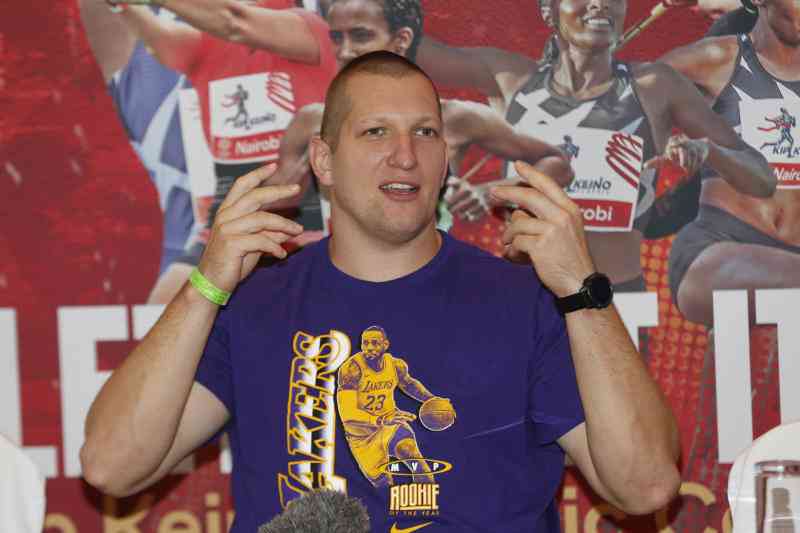At least seven out of ten Kenyans are not covered by any form of health insurance, a new report shows.
Even as government's own National Health Insurance Fund (NHIF) is said to be the most popular among 88 per cent of Kenyans, some seven per cent of the population have cited insurance as a 'non necessity'.
NHIF is said to have six million principal members where 3.5 million are from the formal sector and the rest from informal whose subscription stretch to a staggering 20 million beneficiaries.
But according to the numbers provided in the report of 70 per cent of Kenyans not subscribers of any insurance provider, it means some 32 million persons still undergo out of pocket expenditure to rescue their health.
NHIF is already in a drive to register 12 million persons from the informal sector in a bid to increase coverage.
According to the report by Twaweza East Africa, an advocacy group that provides oversight on government services, majority of Kenyans, 53 per cent, have labelled insurance as an expensive affair.
"Barriers to not having health insurance include unaffordability (53 per cent), lack of awareness (13), lack of information on how it works (12), lack of service providers in the locality (seven), the feeling that it is unnecessary (seven), amongst other reasons (eight)," read the report released this October.
Of the three out of ten who are insured, NHIF leads with 88 per cent, employers(14) with at least one in 20 Kenyans having other types of insurance with the report indicating that majority of Kenyans under other forms of insurance are still subscribers of NHIF.
The report further revealed that almost all Kenyans (92 per cent) believe the sector has a lot of problems, the major one being cost.
"Cost and availability of drugs are mentioned by citizens as significant challenges in public hospitals in Kenya, (74 and 52 per cent respectively)," read the report in part.
It is therefore no surprise that a section of Kenyans still rely on herbalists, grocery stores, chemists or do nothing at all.
"Some 74 per cent of Kenyans seek treatment from government facilities. Only 16 per cent rely on private or NGO facilities, chemists (eight) or church facilities (four)," the report read.
It added: "Smaller proportions of Kenyans still visit herbalists (two per cent) or self-medicate (two per cent), and another one per cent go to the grocery store for medicine or do nothing at all."
A majority of Kenyans are however satisfied with cleanliness of hospitals, closeness to their homes and availability of practitioners.
However, poor budgetary allocation has been cited as the biggest hindrance to the sector's goals: "If national and county governments cannot establish strong and effective partnerships to manage their responsibilities, Kenyans may continue to endure challenges in healthcare."
Stay informed. Subscribe to our newsletter
 The Standard Group Plc is a
multi-media organization with investments in media platforms spanning newspaper
print operations, television, radio broadcasting, digital and online services. The
Standard Group is recognized as a leading multi-media house in Kenya with a key
influence in matters of national and international interest.
The Standard Group Plc is a
multi-media organization with investments in media platforms spanning newspaper
print operations, television, radio broadcasting, digital and online services. The
Standard Group is recognized as a leading multi-media house in Kenya with a key
influence in matters of national and international interest.
 The Standard Group Plc is a
multi-media organization with investments in media platforms spanning newspaper
print operations, television, radio broadcasting, digital and online services. The
Standard Group is recognized as a leading multi-media house in Kenya with a key
influence in matters of national and international interest.
The Standard Group Plc is a
multi-media organization with investments in media platforms spanning newspaper
print operations, television, radio broadcasting, digital and online services. The
Standard Group is recognized as a leading multi-media house in Kenya with a key
influence in matters of national and international interest.







